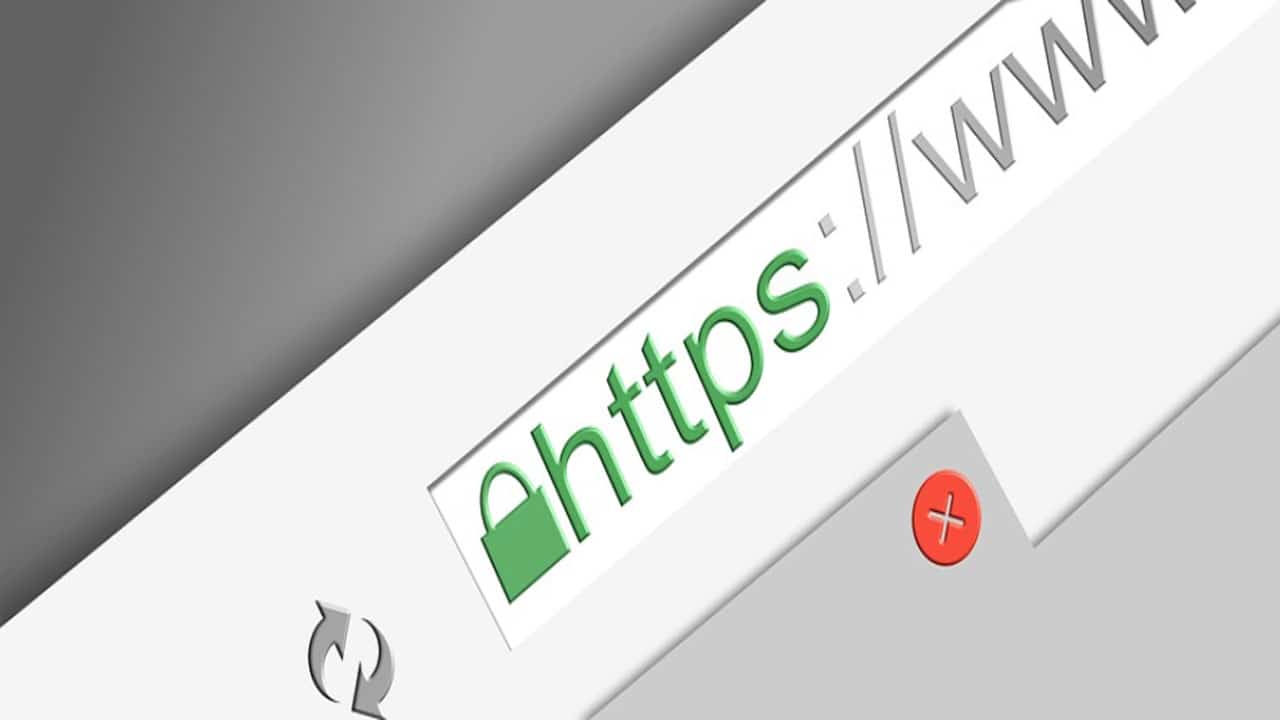In the roster of effective cybersecurity measures, SSL certificates are one of the most useful. So if you have a business or even a personal website and you want to take your cybersecurity to the next level, you should invest some time and resources into a proper SSL certificate management strategy. In order to understand SSL certificate management, you must first know what an SSL certificate is and the purpose for which it is used.
What Is an SSL Certificate?
An SSL (Secure Socket Layer) certificate is a digital document that confirms ownership of a public key in order to secure the web traffic between the user’s browser and the web server, thereby ensuring the confidentiality of any information exchanged. If the certificate is valid, then the HTTP changes to HTTPS indicating that all connections are private and secure.
What is SSL Certificate Management?
SSL certificate management is the process of monitoring and managing the life cycles of all SSL certificates operating within a network from the period they are created and deployed all through their existence up until they expire. The implementation of security certificates for web servers is a continuous process as these certificates expire after a specified period and their policies undergo several changes. This means there is a constant need for renewal and sometimes suspension, revocation, or replacement of certificates.
Failure to carry out these tasks when necessary results in error message pop-ups on browsers and allows room for security breaches. It is the duty of the SSL manager to maintain surveillance of all certificates deployed within their network through the use of effective SSL certificate management systems so as to ward off incidences of security breaches, outages, and compliance issues.
Methods of Certificate Management
There are two methods of certificate management: Manual and Automated.
- Manual
The manual method involves the use of calendars and spreadsheets to keep track of dates, details on changes, and required actions and works well for small businesses with only a few certificates to manage.
- Automated
This method uses a system that automatically configures, scans, locates, and validates certificates, renews them, and discards invalid ones, reducing the cost and time spent on tasks, eliminating human error, and managing risks.
Why is SSL Management Important for Businesses?
The world today is heavily dependent on the internet to run business, personal and social activities. This has resulted in an increase in vectors of cyber attacks and has therefore created an increased need for security measures. Securing websites appears to be the most recognized use of SSL certificates. However, its use extends beyond this to secure remote access for backend systems, security of internally installed applications and productivity tools for employees, and secure communication between servers. Given that SSL certificates provide security for a host of things, the consequences of an expired or faulty certificate can be heavy. If these certificates are not effectively managed, you risk exposure of confidential information, loss of sales, and customer confidence resulting in financial loss and also fines for non-compliance.
How to Improve Your Management Systems
- Choose a Reliable Certificate Authority (CA): CA’s verify the organization and server before issuing certificates and digital signatures. A reliable SSL certificate provider offers highly secure products and SSL security solutions.
- Create an Operations Policy: A certificate management operations policy should specify how digital certificates are used within your organization as well as how individuals are involved in certificate management and the permissions they need.
- Centralize Your Certificate Management: By streamlining your options and identifying your primary and backup CAs, you can easily manage your certificates on a single dashboard.
- Use Organization and Extended SSL Certificates: OV and EV certificates give you control over who can issue certificates for your business needs.
- Set Up Notifications: These include renewals, revocations, re-issuance, etc. With multiple persons receiving them, the risk of these notifications being missed is reduced.
Getting Started With SSL Certificate Management
The internet and the data it generates have grown exponentially and so has the threat to the safety of this data. Hence it is of utmost importance that tight security measures are put in place. Security certificates are employed for a wide range of digital products and they offer a base level of website security that you can build upon to start your cybersecurity tech stack. Therefore, it is important that you come up with a very efficient strategy for managing your SSL certificates.


























